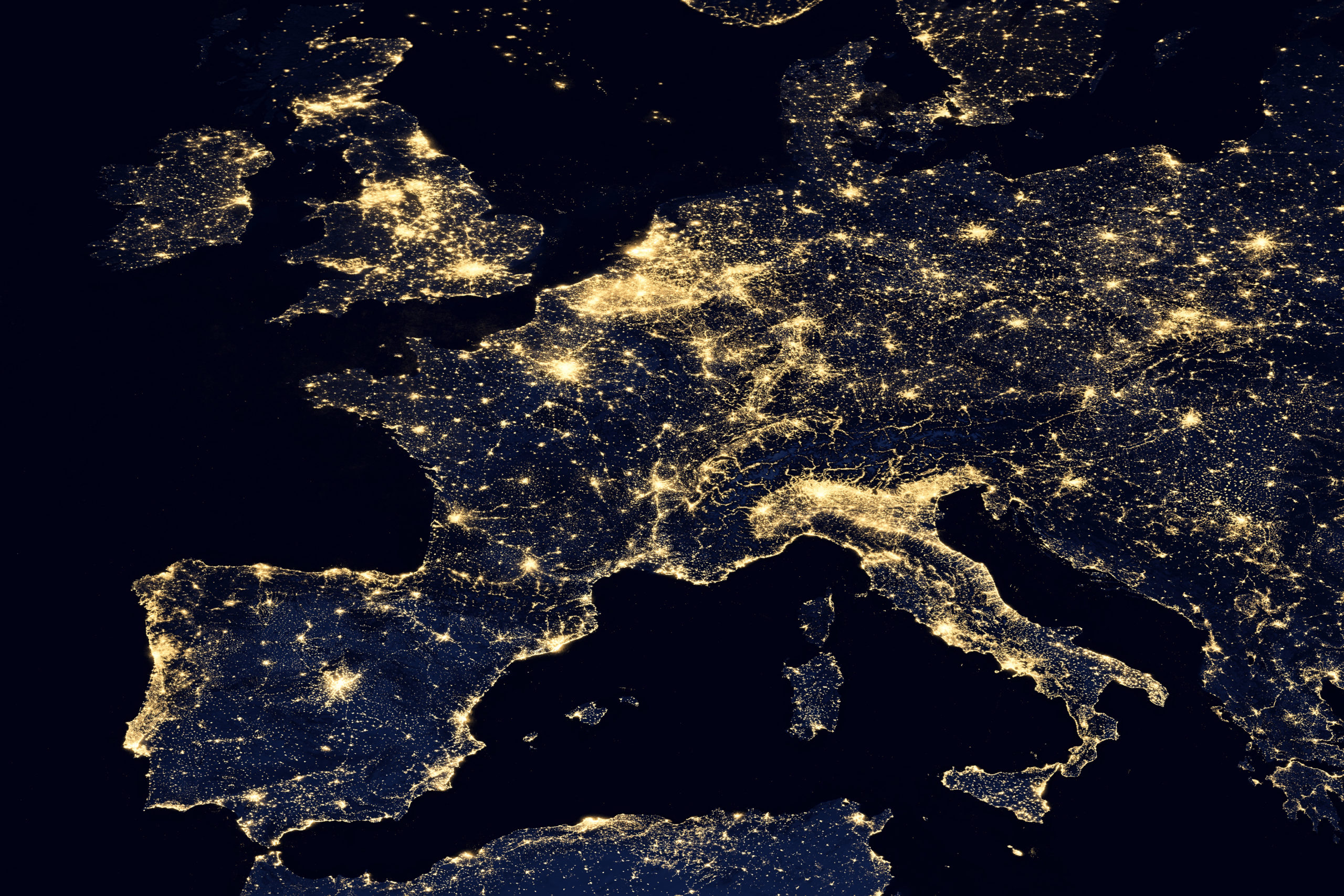Editor's Introduction to "What Price Pride? On the Hidden Costs of Economic Illiteracy"
By David M. Hart

This bibliographical essay is David Hart’s introduction to What Price Pride? On the Hidden Costs of Economic Illiteracy, by Anthony de Jasay.
In the 19th century, before democracy had taken deep root, countries like Britain could unilaterally “declare” free trade (as with the abolition of the Corn Laws in 1846), or they could enter into bilateral free trade agreements (as with the Cobden-Chevalier Treaty between France and Britain in 1860) without taking too much heed of electoral politics. As Jasay notes, today nations have to undergo torturous negotiations over many years (the “Uruguay Round” of trade talks) to achieve minimal advances towards freer trade. Given the political power of European farmers in their home countries it is not clear how this situation can change in the near future.
Websites
The World Trade Organisation, Uruguay Round – http://www.wto.org/english/thewto_e/whatis_e/tif_e/fact5_e.htm
The Australian Department of Foreign Affairs and Trade Doha Round Development Agenda – http://www.dfat.gov.au/trade/negotiations/index.html
Annuaire Eurostat 2002. URL http://www.datashop.org/en/publications/yearbook2.html
Centre d’etudes prospectives et d’informations internationals (CEPII), Paris. URL http://www.cepii.fr/anglaisgraph/news/accueilengl.htm
Bibliography
Frédéric Bastiat, “What is Seen and What is Not Seen” online at Econlib at http://stageeconlib.wpengine.com/library/Bastiat/BasEss1.html
Frédéric Bastiat, Economic Harmonies (1851) – online at Econlib at http://stageeconlib.wpengine.com/library/Bastiat/basHar.html
Frédéric Bastiat, Selected Essays in Political Economy – online at Econlib at http://stageeconlib.wpengine.com/library/Bastiat/basEss.html
Sheldon Richman, “Frederic Bastiat: An Annotated Bibliography” – http://stageeconlib.wpengine.com/library/Bastiat/BastiatBib.html
Douglas A. Irwin, Against the Tide: An Intellectual History of Free Trade (Princeton University Press, 1996).
Douglas A. Irwin, “A Brief History of International Trade Policy” – online at Econlib – http://stageeconlib.wpengine.com/library/Columns/Irwintrade.html
For more articles by David M. Hart, see the Archive.
